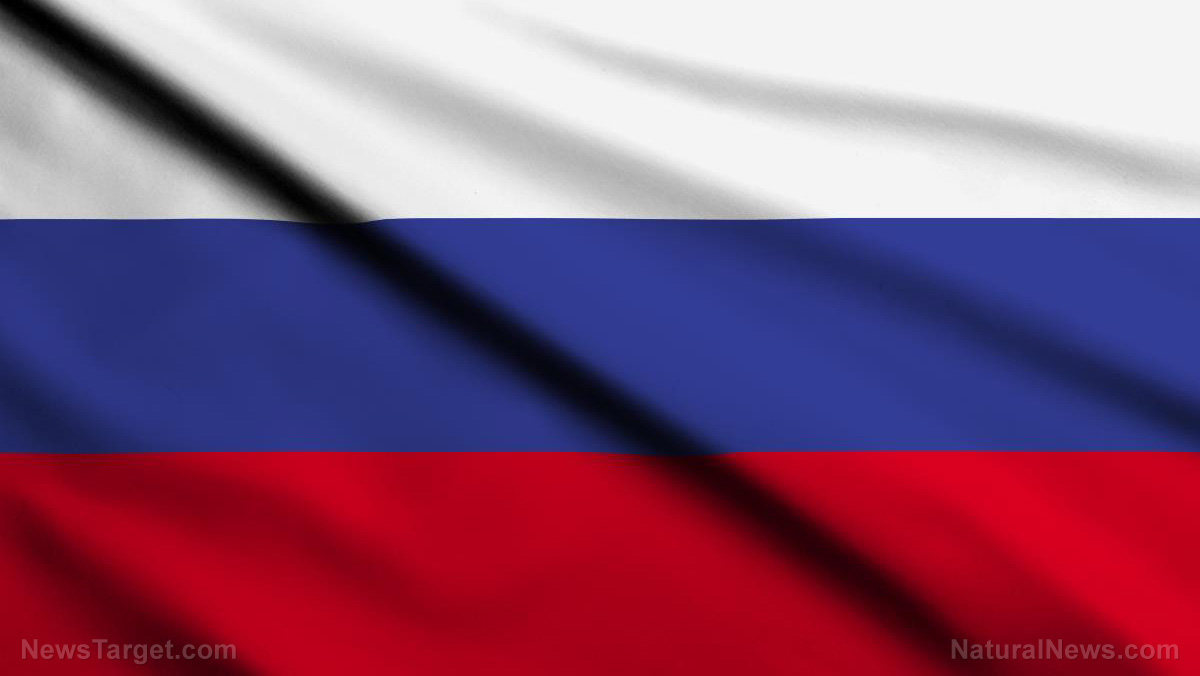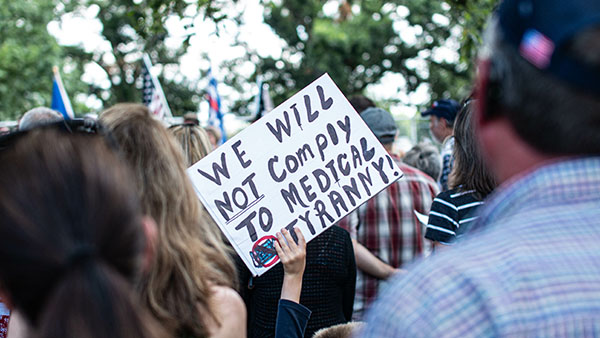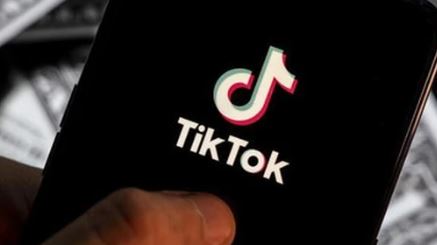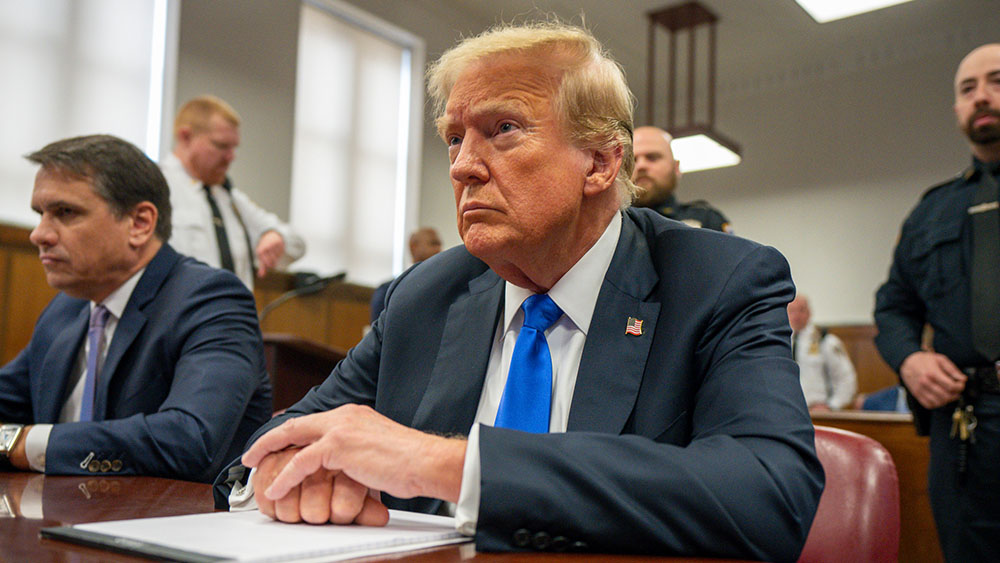Russia just let the world know they will NOT protect Big Pharma’s predatory patents
06/13/2024 / By Lance D Johnson

At the 2024 St. Petersburg International Economic Forum (SPIEF), a Russian Member of Parliament (MP) sparked international debate by prioritizing the protection of Russian lives over the enforcement of intellectual property rights for Western pharmaceutical giants. During a panel discussion on drug security within BRICS nations, MP Aleksandr Petrov emphasized Russia’s commitment to safeguarding the health and well-being of its citizens and allies, even if it means challenging predatory patent laws and erecting a national drug manufacturing apparatus.
Russia takes hard stance against Western pharmaceutical companies
Petrov’s stance resonated with many, underscoring the significance of national health priorities and sound economic policies over crony corporate interests that are bankrupting medical systems in the West. Petrov cautioned Western pharmaceutical companies against overly relying on patent laws, stating, “When it comes to the lives and health of our citizens and those of our allies, we will break it.”
Petrov’s position isn’t endorsing intellectual piracy but instead advocating for legal mechanisms to ensure access to vital medications, particularly in the face of rising prices for essential drugs and while facing a barrage of economic sanctions that threaten equitable access to lifesaving drugs for the Russian people.
A focal point of the discussion was the case of Ozempic, a crucial anti-diabetic medication manufactured by Danish pharmaceutical giant Novo Nordisk. Following disruptions in the drug’s supply due to Western sanctions, Russia responded by issuing emergency licenses to produce generic versions right in Russia. Petrov commended the rapid response of Russian pharmaceutical firms, highlighting their ability to mitigate shortages and uphold national drug security.
The panel also discussed the broader regulatory landscape of the pharmaceutical industry. Russian Health Minister Mikhail Murashko emphasized the importance of effective regulation, particularly in light of the covid-19 scandal, which revealed the limitations of certain regulatory mechanisms imposed by certain nations. Murashko criticized the American government’s deliberate hindrance of Russian Covid vaccines in favor of Western-produced alternatives. At the forum, he clearly stated that “regulatory mechanisms, which certain nations try to impose, do not necessarily work… for world health.”
Indeed, the U.S. government did not lead by example during a global crisis. The federal coronavirus task force dictated hospital protocol, censoring inexpensive yet efficacious treatments, while ignoring the very things doctors, herbalists and nutritionists were using to effectively treat patients. With the revelation that pharmaceutical companies and vaccine makers bought off scientists at the U.S. National Institutes of Health, it becomes even more important for BRICS nations to cut ties with predatory influences.
Russia trying to fight off restrictive patents that allow Western pharmaceutical companies to dominate people
In promoting cooperation within BRICS, Alexandre Cordeiro Macedo, President of Brazil’s competition agency, stressed the importance of competition to advance medicine. Western pharmaceutical companies enjoy market exclusivity with their patents, driving up prices and essentially restricting access to medicines when generic versions could be made readily available. He believes that governments should ensure both health security and fair competition in the pharmaceutical sector, by putting an end to the predatory practices of the pharmaceutical industry. By taking a stand against pharmaceutical interests, Russia could welcome a new era of botanical medicine, nutrition and detoxification that treats underlying issues in the global chronic disease epidemic.
Russia’s commitment to innovation and healthcare accessibility within BRICS was highlighted throughout the discussion. Murashko and other speakers emphasized Russia’s development of cutting-edge medical solutions, including advancements in radiotherapy, anti-allergy vaccination and personalized cancer treatments. Moscow seeks to leverage its expertise to enhance healthcare cooperation among BRICS members while addressing imbalances in the global drug trade.
Russia now has plans to import all the raw materials needed to manufacture their own drugs. The failures of globalism are forcing nations to take major steps in protecting the citizens of their individual nations. The nations that act the fastest and most efficiently to restore their own manufacturing, energy, food production and medicine will be the first to retain their sovereignty and save themselves from collapse.
Sources include:
Submit a correction >>
Tagged Under:
big government, Big Pharma, corruption, drug availability, Drug Patents, drug prices, exploitation, fair competition, freedom, generic, health freedom, human rights, Medical Tyranny, national soverignty, pharma fraud, pharmaceutical fraud, progress, Resist, revolt, Russia, sanctions, US failures
This article may contain statements that reflect the opinion of the author
RECENT NEWS & ARTICLES
COPYRIGHT © 2017 FREEDOM NEWS




















